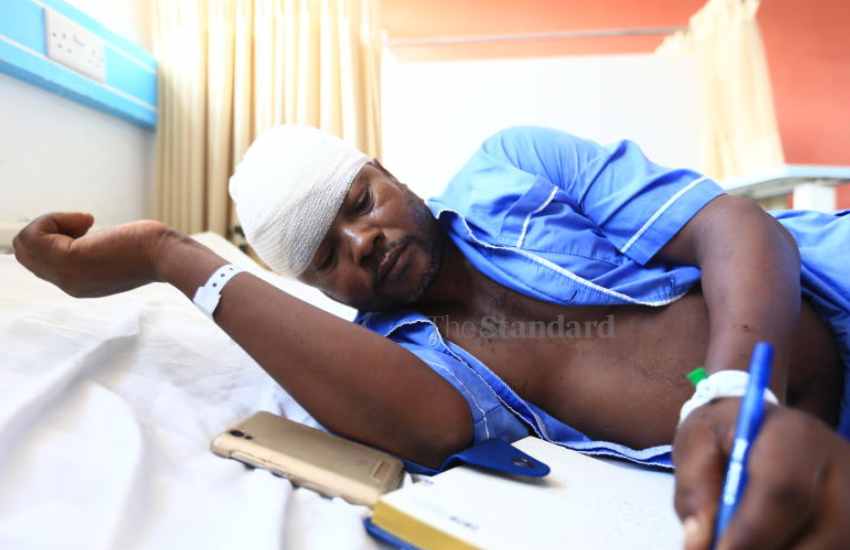×
The Standard e-Paper
Fearless, Trusted News

Security agencies have moved in to break criminal gangs regrouping in parts of the Coast region ahead of the 2022 General Election.
The groups, said to be allied to some political leaders, have been recruiting youths, with some gangsters already causing mayhem within estates and the public transport sector.